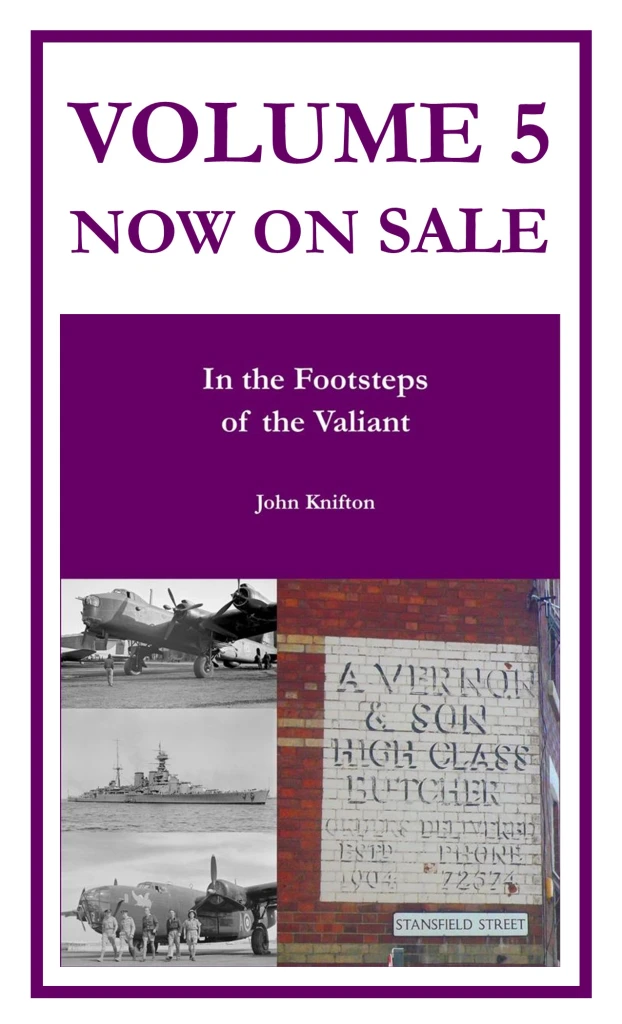Fred had two poems which he really enjoyed. I’m not so sure now that they didn’t both of them portray him as a man with a drink problem, insofar as they both have strong connections with establishments which sold alcohol, quite possibly in large quantities.
Anyway, the first poem of the two is called “Tarantella” and was written by Hilaire Belloc. The tarantella is a dance for two people which is supposed to mimic musically the very strong jerking spasms brought on by the bite of the wolf spider. The latter is a very large spider, but have no fear, there will be no pictures of arachnids here. Instead, just happy people enjoying a dance:

Those “strong spasms”, incidentally, are supposedly paralleled psychologically by the extreme emotions of falling in love. In terms of the spider’s poison, however, love won’t stop the effects of the bite. Only dancing around like some kind of mad person can prevent the death of whoever has been bitten.
Here’s the first bit, a masterpiece of juggling with words, as the author tries to take Miranda back in time to one hell of a night that they shared years ago:
Do you remember an Inn, Miranda?
Do you remember an Inn?
And the tedding and the spreading of the straw
for a bedding,
And the fleas that tease in the High Pyrenees,
And the wine that tasted of tar,
And the cheers and the jeers of the young
muleteers
Under the vine of the dark veranda?
Do you remember an Inn, Miranda?
Do you remember an Inn?
And the cheers and the jeers of the young
muleteers
Who hadn’t got a penny,
And who weren’t paying any,
And the hammer at the doors and the din;
And the Hip! Hop! Hap!
Of the clap
Of the hands to the twirl and the swirl
Of the girl gone chancing,
Glancing,
Dancing,
Backing and advancing,
Snapping of the clapper to the spin,
Out and in
And the Ting! Tong! Tang! of the guitar?
Do you remember an Inn, Miranda?
Do you remember an Inn?
The next five lines of the poem show, though, how that memorable night of years ago has disappeared for ever into the past, and, like all our experiences as human beings, it can never be recreated, however hard we try:
Never more;
Miranda,
Never more.
Only the high peaks hoar:
And Aragon a torrent at the door.
One critic, Oli Foster, has called the last twelve lines of the poem “a lament for all lost experience.” The poem finishes with the even more pessimistic final seven lines…
No sound
In the walls of the Halls where falls
The tread
Of the feet of the dead to the ground
No sound:
But the boom
Of the far Waterfall like Doom.
One final fact is that we actually know the identity of “Miranda”. She was Miranda Mackintosh, a Scottish lady, and Belloc met her during a walking holiday, at the hamlet of Canranc on the River Aragon in the Pyrenees in 1909.

Belloc wrote the poem in 1929 as a souvenir for Ms Mackintosh and he gave it to her as a New Year’s present.
Belloc in his private life was a very controversial character and in articles I have read about anti-Semitic poets, his name unfailingly crops up, usually fairly early in the list. His other political views are, to me personally, quite extraordinary. One of the best things to read that I found was here. Another point of view is his Wikipedia page .
Next time, we’ll look at the other one of the two poems my Dad, Fred, enjoyed so much.











